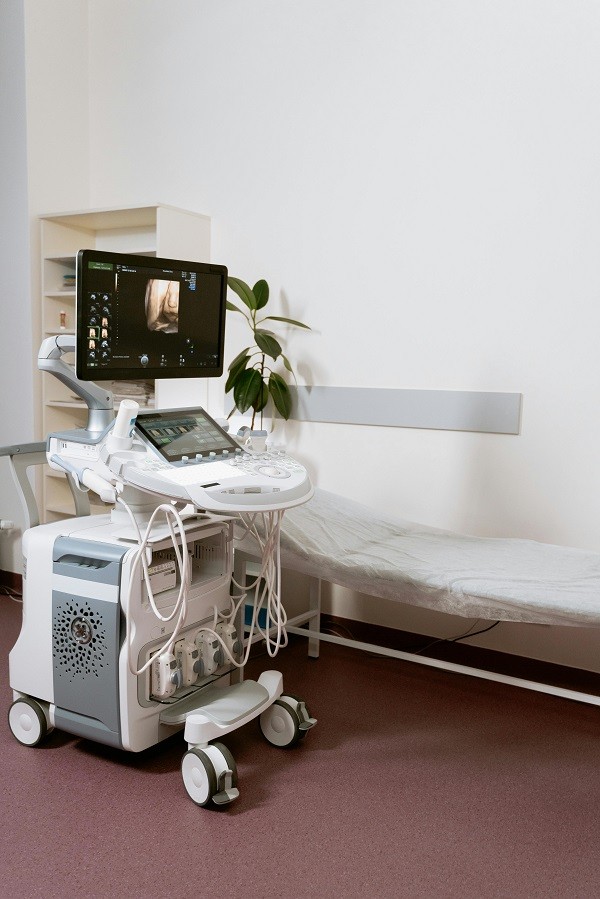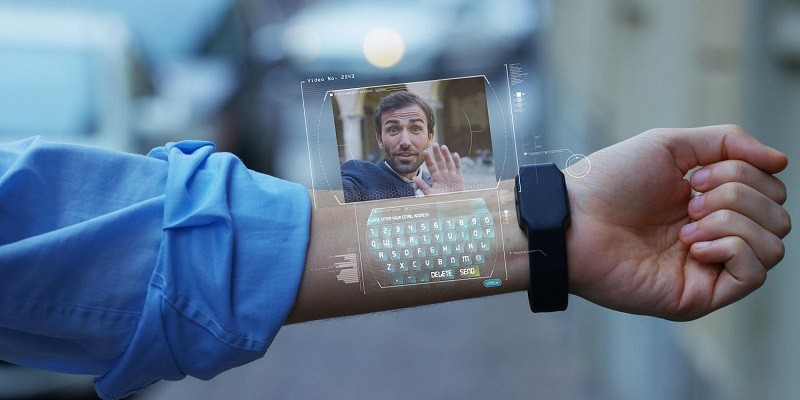Wearable Tech: The Future of Personal Health Monitoring
Wearable tech is the future of personal health monitoring, revolutionizing the way we track and manage our well-being. In today’s fast-paced digital world, personal health monitoring has become more important than ever.
People are constantly seeking new ways to track their fitness, monitor their heart rate, and improve their overall well-being. This growing trend has led to the rise of wearable technology, which promises to revolutionize the way we manage our health.
From smartwatches and fitness trackers to smart clothing and even implantable devices, wearable tech is rapidly becoming an essential tool for personal health monitoring. By seamlessly integrating into our daily lives, these devices offer real-time data and insights that can help us make informed decisions about our lifestyle and improve our overall health and well-being. We will explore the exciting possibilities that wearable tech presents for the future of personal health monitoring.

Revolutionizing Health Monitoring
Wearable technology has emerged as a game-changer, revolutionizing the way individuals monitor their health. This sophisticated advancement allows people to track various health metrics in real-time, leading to a proactive approach to personal wellness. With the ability to seamlessly integrate into everyday life, wearable tech is set to transform personal health monitoring for the better.
The Rise Of Wearable Technology
The burgeoning popularity of wearable technology has transformed the landscape of personal health monitoring, enabling individuals to track vital health data conveniently. These devices, ranging from smartwatches to fitness bands, not only provide real-time insights but also promote a proactive and informed approach to health management.
Advantages Of Personal Health Monitoring
- Continuous monitoring of health metrics
- Early detection of irregularities
- Encouraging proactive health management
- Seamless integration into daily activities
Key Features Of Wearable Health Tech
Wearable technology has revolutionized the way we monitor our health, providing us with real-time data and valuable insights to improve our well-being. The key features of wearable health tech are designed to cater to our individual needs while seamlessly integrating with our smart devices. In this article, we will delve deeper into the significant benefits of wearable health tech and explore the key features that make it such a game-changer in the field of personal health monitoring.
Real-time Data Tracking
One of the most significant advantages of wearable health tech is its ability to provide real-time data tracking. These devices can monitor and record various health parameters such as heart rate, blood pressure, sleep patterns, and physical activities, allowing us to gain immediate insights into our health status. With real-time data tracking, we can make informed decisions about our lifestyle, diet, and workout routine, enabling us to take proactive measures toward maintaining a healthy lifestyle.
Integration With Smart Devices
Wearable health tech seamlessly integrates with our smart devices, such as smartphones and tablets, creating an interconnected ecosystem. The data collected by the wearable devices can be synced and analyzed on our smart devices, providing us with a comprehensive overview of our health metrics. This integration allows us to conveniently access and manage our health data using user-friendly apps, making it easier to set goals, track progress, and share data with healthcare professionals.
Moreover, the integration with smart devices enables us to receive notifications and reminders based on our health goals and preferences. For example, if we set a goal to walk 10,000 steps a day, our wearable device can send us timely reminders and congratulatory messages when we achieve our target. By keeping us constantly engaged and motivated, wearable health tech encourages us to stay consistent and committed to our health and fitness goals.
Challenges And Limitations
Although wearable tech devices have revolutionized personal health monitoring, they are not without challenges and limitations. From data privacy concerns to accuracy and reliability issues, several factors need to be taken into consideration when using these devices.
Data Privacy Concerns
One of the major challenges associated with wearable tech is data privacy concerns. As these devices collect sensitive personal information such as heart rate, sleep patterns, and activity levels, there is a need for robust privacy measures to protect this data from unauthorized access and misuse.
Moreover, the sharing of personal health data with third-party apps and platforms raises additional concerns. Users must carefully consider the privacy policies and permissions while using these apps to ensure that their data is not being shared with any unwanted third parties.
Accuracy And Reliability
Ensuring the accuracy and reliability of data collected by wearable tech devices is another crucial challenge. While these devices have advanced sensors and algorithms to monitor health metrics, there can still be issues with accuracy and consistency.
Factors such as improperly fitting devices, movements during exercise, and technical glitches can lead to inaccurate readings. Users need to understand that these devices are not medical-grade and should not be relied upon for diagnosing or treating serious medical conditions.
Additionally, the performance of wearable tech devices can vary from person to person due to differences in body types, skin pigmentation, and other physical characteristics. These variations can affect the accuracy and reliability of the data collected.
Future Trends In Wearable Health Tech
As technology continues to advance, the future of wearable health tech is set to see significant evolution. From AI and machine learning integration to customization and personalization, the coming years will bring about groundbreaking changes in the way we monitor and manage our health.
AI and Machine Learning Integration
The integration of AI and machine learning is poised to revolutionize wearable health tech. By leveraging these technologies, wearable devices will be capable of analyzing vast amounts of data to provide users with more accurate and actionable insights into their health. With the ability to recognize patterns and predict potential health issues, these devices will play a crucial role in preventive care and early intervention.
Customization And Personalization
Customization and personalization will be at the forefront of future wearable health tech. Users will be able to tailor their devices to suit their individual health goals, preferences, and unique physiological requirements. This level of personalization will facilitate more effective health monitoring and management, ultimately leading to improved overall well-being.
Frequently Asked Questions
What Are The Benefits Of Wearable Health Tech?
Wearable health tech offers real-time health data monitoring, promoting proactive health management.
How Is Wearable Tech Transforming Personal Health?
Wearable tech enables continuous health tracking, empowering individuals to make informed health decisions.
Can Wearable Devices Help In Early Disease Detection?
Wearable devices monitor vital signs for early disease detection, potentially saving lives.
Are Wearable Health Monitors Accurate In Tracking Data?
Wearable health monitors use advanced sensors for accurate data tracking and analysis.
How Can Wearable Health Tech Improve Fitness Routines?
Wearable health tech provides feedback on workout intensity, optimizing fitness routines for better results.
Conclusion
Innovation in wearable tech is transforming personal health monitoring, offering convenience and efficiency. With continuous advancements, the future is promising for individuals seeking to take charge of their well-being. Embracing this technology can lead to a holistic approach to health, empowering individuals to make informed decisions and enjoy an improved quality of life.

